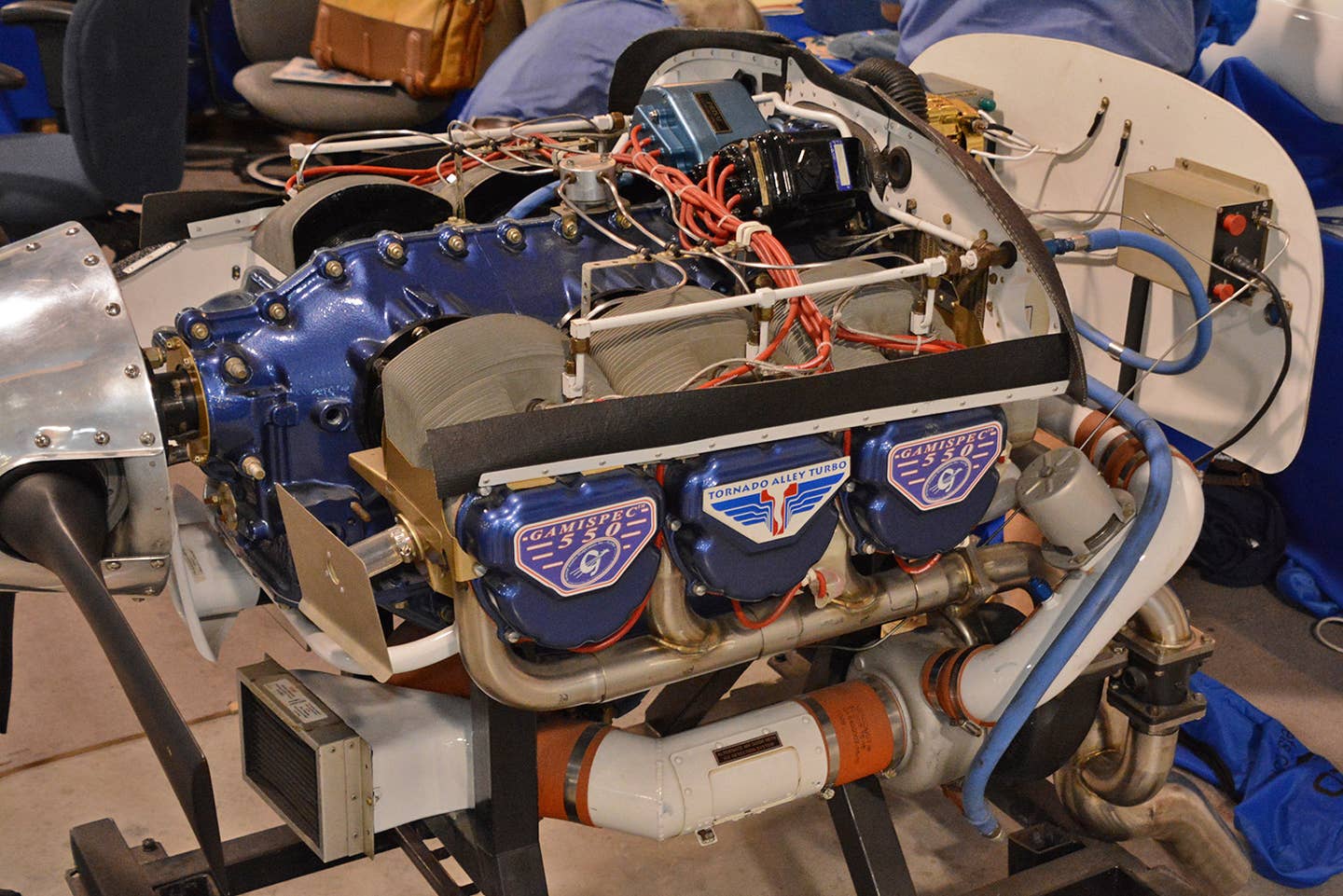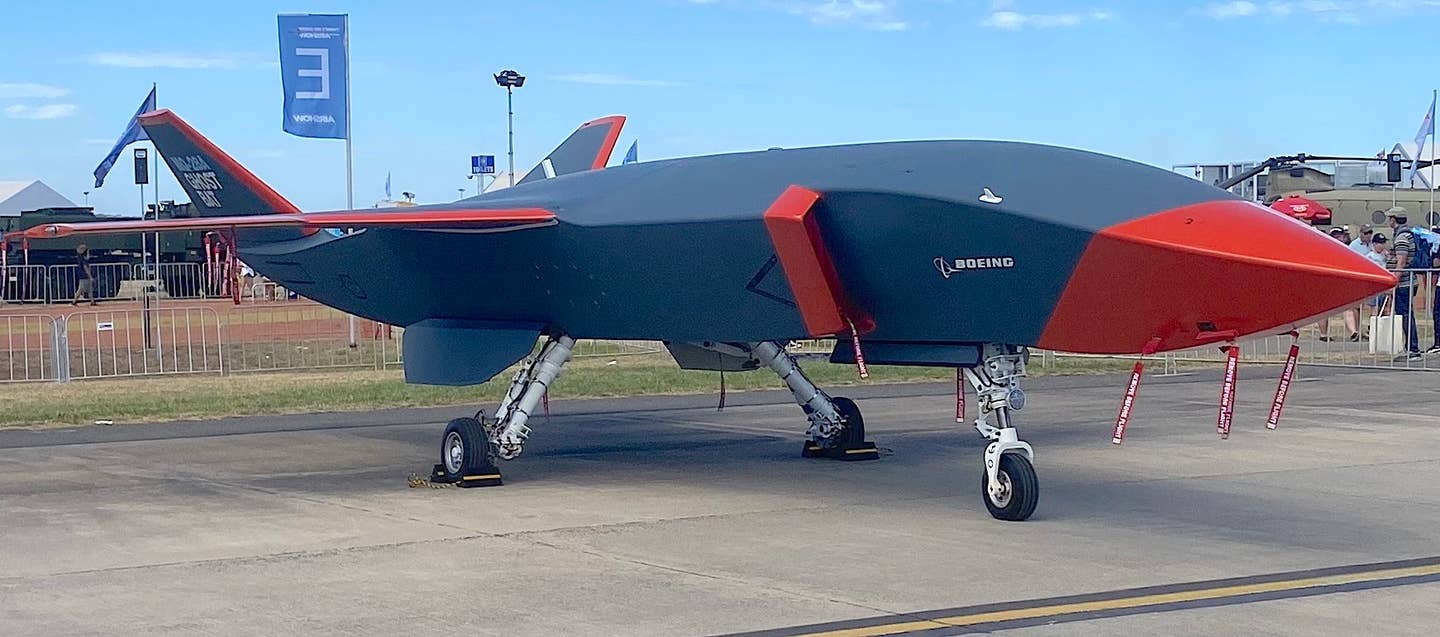EPA Announces Leaded Fuel Endangerment Finding
In a long-anticipated move, the Environmental Protection Agency (EPA) announced today (Jan. 12) that it “will take the necessary steps to regulate lead pollution from aircrafts (sic).” Those steps start…

FAA-observed testing on a turbocharged Continental 550 similar to this one has shown GAMI’s G100UL fuel is a drop-in replacement for 100LL.
In a long-anticipated move, the Environmental Protection Agency (EPA) announced today (Jan. 12) that it “will take the necessary steps to regulate lead pollution from aircrafts (sic).” Those steps start with proposing an “endangerment finding” on leaded aviation gasoline, expected by the end of this year. Finalizing that finding is expected in 2023.
The EPA announcement listed a rash of damning statistics, including the number of piston aircraft using leaded fuels (170,000) and the number of airports from which they operate (20,000). The EPA announcement projects that 70 percent of all lead introduced to the atmosphere comes from those aircraft, and that people who live close to airports (“over 5 million people, including more than 360,000 children under the age of five”) are most vulnerable.
For many years, the case for banning leaded aviation fuel has been a tug-of-war between the EPA and the FAA, which has resisted the ban based on safety factors involving the risk of detonation, specifically among high-performance engines. Swift Fuels has supplemental type certificates (STCs) available for its UL94 unleaded fuel for 33 Lycoming engine series (up to the AEIC-540-D) and for 24 Continental engine series (up to the TSIO-550-K). As for those higher-power engines not yet covered under the STC program, the company posts on its website, “Swift Fuels has been conducting extensive scientific research, fuel testing, engine testing, and flight testing on all viable high-octane alternatives to replace 100LL [low-lead] since 2012. Our number 1 candidate to fully replace 100LL is a premium 100-octane unleaded avgas product that is already patented and is currently undergoing testing and certification with the FAA.”
General Aviation Modifications Inc. (GAMI) co-founder George Braly asserted last summer that his company’s G100UL drop-in replacement for 100LL, which has STCs available for a growing number of engines, is expected to be approved for “literally several hundreds of additional makes and models of popular engines,” with “fleetwide expansion” of the list of approved aircraft models by the first or second quarter of this year. He estimates the retail cost of the STCs to be on par with those aircraft owners acquire to use automotive gasoline.
According to both developers of unleaded aviation formulas, the benefits of cleaner lead-free fuel include lower maintenance costs and longer engine life. Unleaded avgas will be more expensive, at least in the beginning. Braly estimates retail prices 60 to 85 cents more per gallon initially. But both companies expect economies of scale to bring the costs closer to today’s 100LL as production and delivery infrastructure gains traction.
The quest for an unleaded 100-octane fuel has been underway since the 1980s, when lead was phased out of automobile fuels to protect the catalytic converters then being introduced to reduce toxic emissions. Under the banner of safety, the aviation industry was given a pass on phasing out leaded fuels because no ready octane enhancers were available, despite years of research. In 2013, the FAA established the Piston Aviation Fuels Initiative with the task of overseeing certification of a fleetwide unleaded 100-octane fuel. PAFI was supposed to deliver results in 2018 but delayed that until 2019 before it became apparent that the initiative produced no results. The FAA recently organized two meetings of regulators and industry stakeholders to embark on yet another round of testing and research. These deliberations have not been made public.
Shell was considered a leading contender for a replacement fuel, but pulled out of the PAFI project. Swift was similarly involved, but also ended its PAFI participation, apparently to pursue a fuel approval under an STC process. General Aviation Modifications Inc. had its G100UL unleaded fuel approved by STC in July 2021 and is currently conducting additional testing to expand engine eligibility. It has entered an agreement with Avfuel to manufacture and distribute G100UL.






